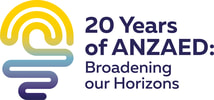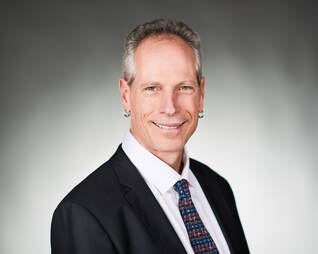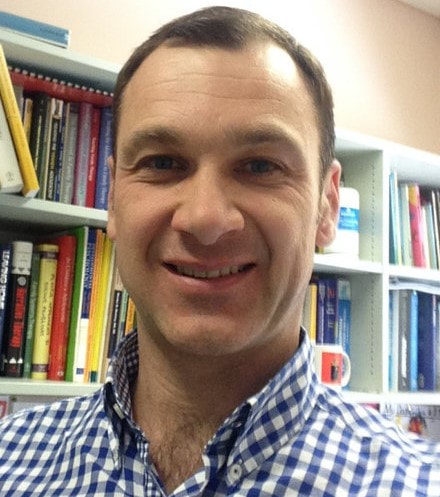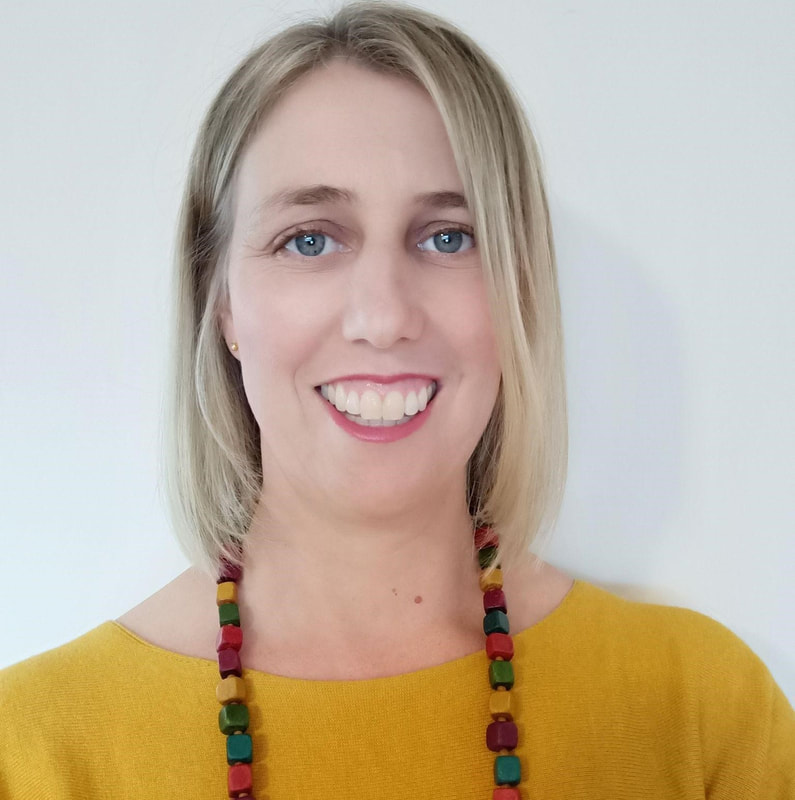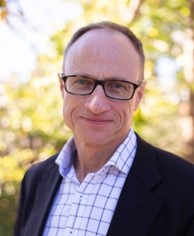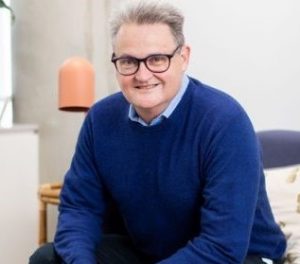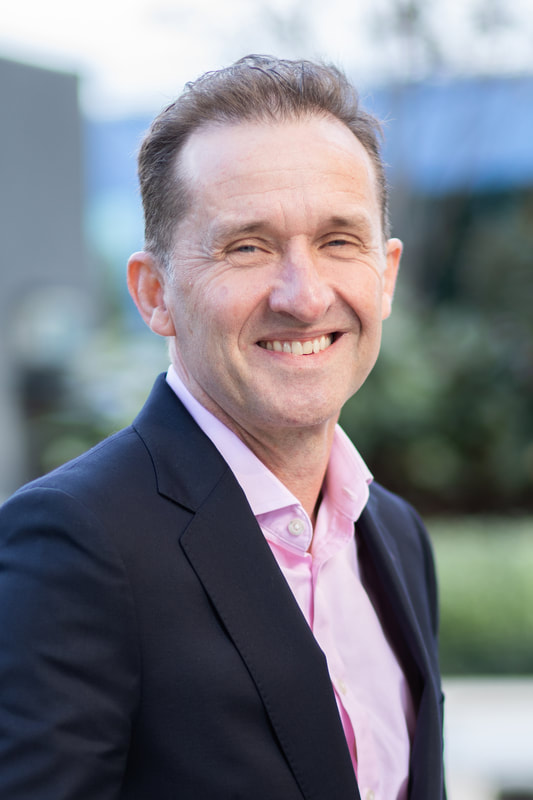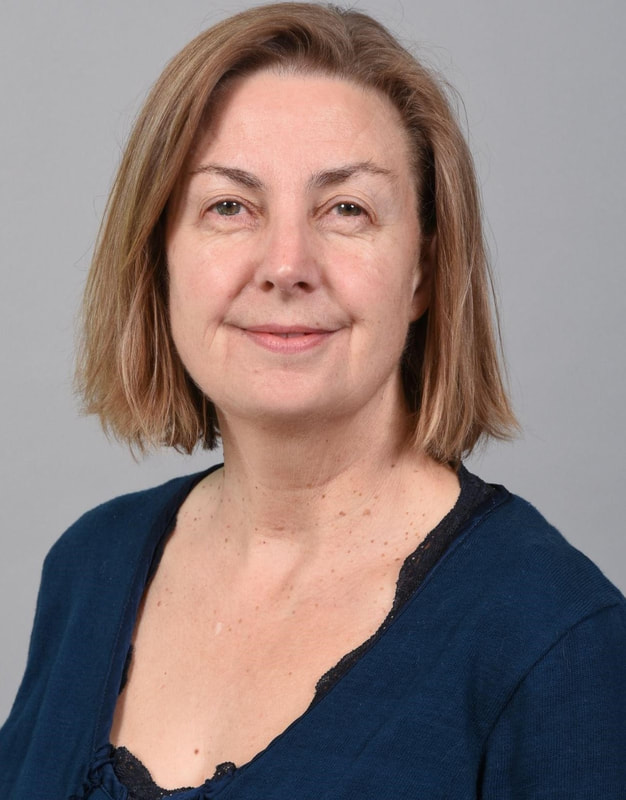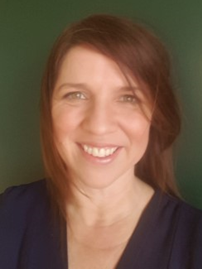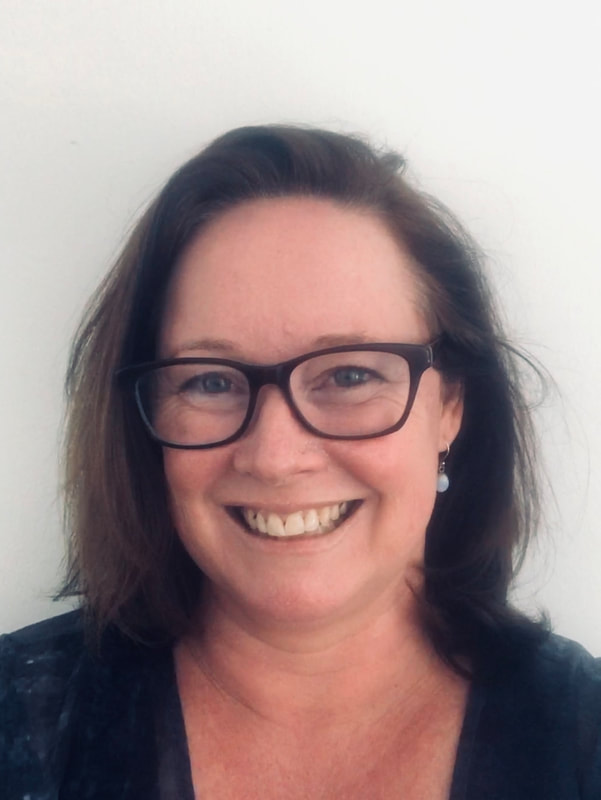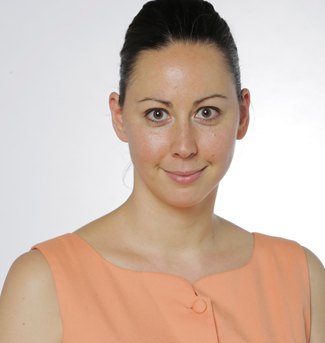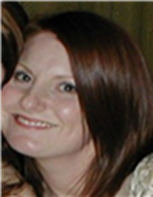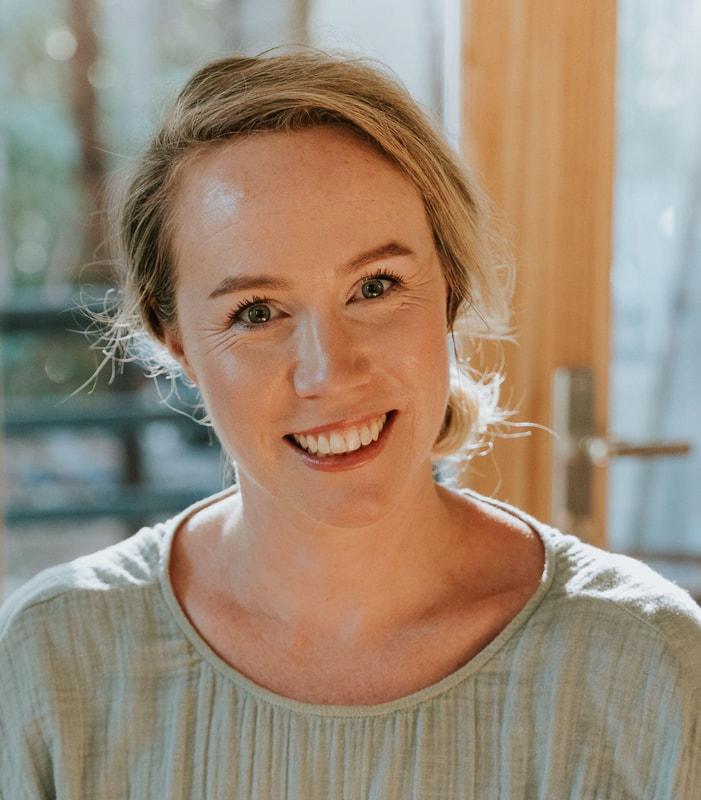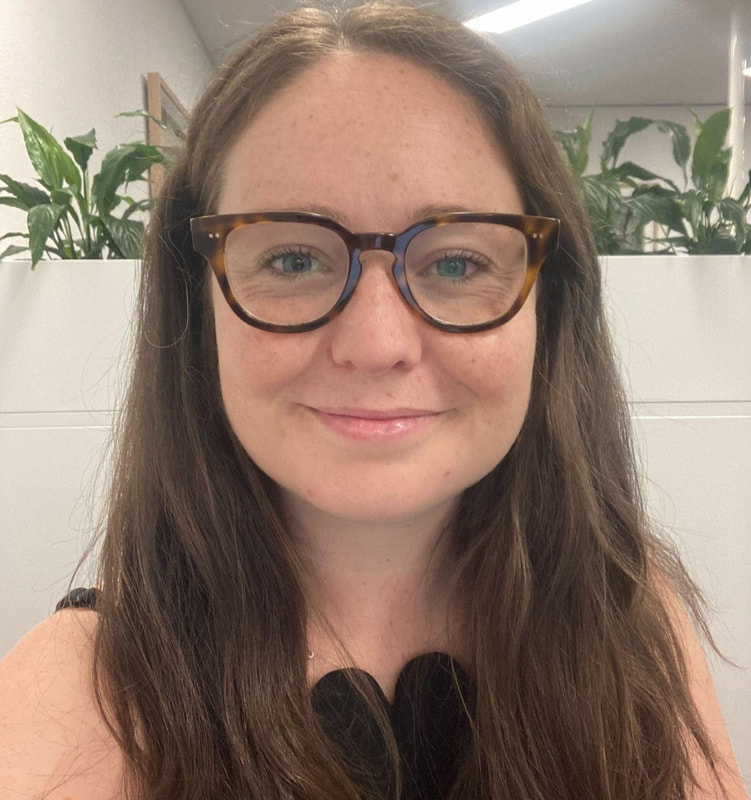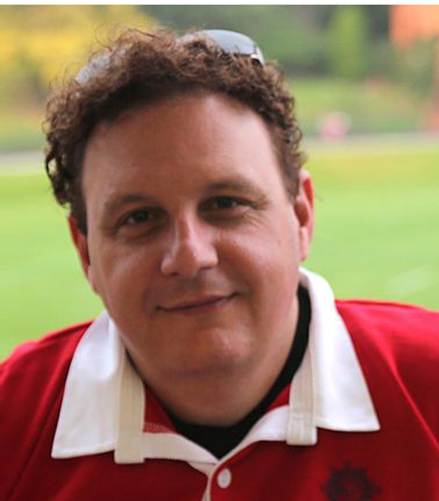Pre-Conference Workshops: Thursday 11 August 2022
Registration rates for pre-conference workshops can be found here. During the registration process you will have the opportunity to select the workshop/s you wish to attend.
Morning Workshops: |
Afternoon Workshops: |
|
Workshop Overview: The goal of this workshop is to train clinicians in the delivery of the empirically-supported dissonance-based body acceptance/eating disorder prevention program (the Body Project). The Body Project, which is delivered in 4 1-hour group sessions, has been shown to significantly reduce body dissatisfaction, eating disorder symptoms, and future onset of eating disorders over 2- to 4-year follow-ups compared to control conditions and alternative interventions in numerous randomized trials from multiple investigative teams. It is the only prevention program to reduce future onset of eating disorders in multiple trials and to affect objective biological outcomes (e.g., reducing brain reward region response to the thin ideal, positive implicit attitudes toward the thin ideal and attentional bias for the thin ideal). In this intervention participants engage in verbal, written, and behavioral exercises in which they collectively explore costs of pursuing the thin appearance ideal. First, the theoretical rationale for using dissonance-induction for health promotion will be provided and the rationale behind each activity and home exercise will be presented. Second, tips for effectively implementing groups will be presented (e.g., how to maximize attendance and home exercise completion). Third, we will conduct a mock Body Project group with conference attendees in which 2 attendees will practice implementing this intervention to a cohort of 6 additional attendees. Dr. Stice will provide live supervision so that attendees can learn how to deliver the Body Project. Finally, logistic issues regarding recruiting individuals for Body Project groups and implementing this prevention program will be discussed.
Learning Objectives:
|
Dr. Eric Stice is a professor in the Department of Psychiatry and Behavioral Sciences at Stanford University. His research focuses on identifying risk factors that predict onset of eating disorders, obesity, substance abuse, and depression to advance knowledge regarding processes that contribute to emergence of these problems. He also designs, evaluates, and disseminates prevention and treatment interventions for eating disorders, obesity, and depression. For instance, he developed a dissonance-based eating disorder prevention program that has been implemented with over 6 million young girls in 140 countries through a partnership with Dove. |
|
Workshop Overview: In this workshop we will think about how to improve the therapy process when working with young people with eating disorders and their families. Often work with families gets stuck because the therapist is focused on the content and under-focused on the process, which can lead to misattunement and impact progress. Developing a deep understanding of the young person and the family is important, and throughout therapy families want to be heard and understood, as well as being supported to keep moving forward even when things are difficult. Alongside a theoretical framework we will provide some specific processes and practical strategies that includes setting up effective questions, responding to affect, when to be monological and when to focus on dialogue. We will also think about how the ideas can be effectively used to get both children and adults talking more freely. The ideas will integrate well with any family therapy model.
|
Dr Andrew Wallis is a systemic family therapist and clinical social worker with almost 30 years’ experience working with young people and their families. Andrew is Co-Lead of Sydney Children’s Hospital Network Eating Disorder Service, a specialist service providing inpatient, outpatient, and intensive day program in Sydney. Since the early 2000’s one of Andrew’s focuses has been family interventions for eating disorders. Firstly, as a member of the team that introducing Family Based Therapy for Anorexia Nervosa to Australia at The Children’s Hospital, Westmead in 2003 and then setting up a family focused intensive day program and introducing Multiple Family Therapy in 2014.
Colleen Alford is a Senior Social Worker and family therapist. Colleen specialises in providing family based treatment for children and adolescents with eating disorders and works at The Sydney Children’s Hospitals Network Eating Disorders Service. She has more than 15 years’ experience in providing FBT, and 20 years’ experience in the child and adolescent mental health sector. Colleen has developed a six week parent group program based on the principles of Family Based Treatment, as well as parent group for parents of adolescents with Autism and Anorexia Nervosa. Colleen provided FBT training and consultation to over 500 NSW Health staff as part of the NSW Health State-wide Eating Disorders Plan and is currently providing training and supervision to clinicians throughout Australia as part of the NEDC Credentialing program. |
|
Workshop Overview: Experiencing emotions and thoughts in the moment within a therapy session can enhance the efficiency of core therapy processes. Most psychological therapies require the client’s capacity to observe and share key thoughts and feelings. Indeed, in the case of CBT-E, the therapy is dependent on this. Yet many people with an ED have trouble accessing their emotions and relevant thoughts. Therefore, an essential therapist task is to help our clients to access their most relevant cognitions and emotions. Experiencing how certain emotions connect to their eating-related problems is a powerful way for a client to engage in psychotherapeutic processes. This workshop briefly outlines some theory underpinning experiential learning, before presenting several established experiential procedures that all therapists can use in their consultations. In this workshop several experiential exercises are explained and then demonstrated. There will be opportunities to observe these techniques being used before ‘experiencing experiential learning’ yourself and practicing their application. These techniques are not model-specific and can be integrated into most approaches.
|
Chris Basten (M.Psychol; Ph.D.), is a clinical psychologist with particular interests in eating disorders and health psychology. He worked for many years in a public hospital eating disorders unit. More recently, he has focused on his own practice and training psychologists and other health professionals. Chris has presented some of his research at conferences and has published one book chapter and several peer review articles. His book, The Art of CBT, features a chapter devoted to using creative processes in cognitive therapy, including experiential techniques.
Chris Thornton (B.Sc. Hons; M.Psychol), is a clinical psychologist, teacher and researcher who specialises in the eating disorders. He has established a number of highly effective day programs, has consulted to several eating disorder units throughout NSW. Chris has presented some of his research at conferences and has published numerous chapters and research articles in this field. Chris now works primarily in his private practice seeing clients, teaching and conducting supervision. |
|
Workshop Overview: Eating disorders are associated with significant physical morbidity and mortality and for this reason their management is different to other psychiatric illnesses. In the management of adolescent eating disorders serious malnutrition is the rule rather than the exception. Such complications can be both acutely life threatening and dictate the need for medical resuscitation and emergency refeeding, or be associated with chronic medical impairment.
This workshop will look at assessing acute and chronic markers of physical risk in eating disorder patients and their management in both the inpatient and outpatient setting. The workshop will look at refeeding syndrome, markers of cardiac risk and the assessment and management of bone health. This workshop is designed for clinicians working both in the hospital sector but also in public and private outpatient setting. The workshop is designed as practical review of risk and participants are encouraged to bring examples and questions from their own practice. |
Associate Professor Sloane Madden is recognized for his expertise in the management of and research in the field of child and adolescent eating disorders (ED). He is the Eating Disorder Service Co-ordinator for the Sydney Children’s Hospital Network the largest public eating disorder service in NSW and the largest child and adolescent eating disorder service in Australia. He has consulted broadly on the development of child and adolescent eating disorder services in Australia, New Zealand and Singapore and been extensively involved in policy and guideline development on a state and national level. He is the medical director or the Eating Disorder Program at Ramsay Clinic Northside. |
|
Workshop Overview: It is increasingly recognised that in order for evidence-based therapies to be delivered as per protocol, and thus be most effective, supervision is more key than the initial training. There is increasing opportunity to supervise therapists delivering evidence-based therapies through the credentialing framework. Based on 25 years of experience as a supervisor of evidence-based therapy in trainees and experienced therapists, and as an Australian Health Practitioner Regulation Agency (APHRA) Psychology Board of Australia approved supervisor, Tracey Wade shares a wealth of information about best practice supervision. This 3-hour workshop will cover:
|
Matthew Flinders Distinguished Professor Tracey Wade has worked as a clinician in the area of eating disorders for 30 years. She was awarded the Australian Psychological Society (APS) Early Career Award in 2003. In 2020 she was the recipient of the Academy of Eating Disorders Outstanding Clinician Award. She is the director of the Flinders University Services for Eating Disorders (FUSED) and conducts research in a range of clinical settings. She has co-written 3 books and has over 200 publications in peer reviewed journals. |
|
Workshop Overview: Dietitians engage with people with eating disorders (ED) across the continuum of care. This includes being a first responder to an ‘at risk person’ in primary care. They are fundamental in supporting behaviour change in outpatients, in addition to skills in acute hospital setting, with a role in prescribing medical nutrition therapy and managing refeeding risks. Despite dietitian’s invaluable role, clearly articulating scope of practice, can sometime be a challenge, especially when working in private practice with a small team, and complex patients. The morning will follow an individual’s journey moving from initial referral through outpatient intervention and stepping into inpatient care including discussion of physical and psychological risks in outpatients and focus on decision making and process-oriented skills. The afternoon will address the journey into emergency, acute medical stabilisation and transfer to the specialist ED setting for further nutritional rehabilitation.
Discussion on current evidence, and practice dilemmas that are commonly faced in regards to the dietitians role with practical guidance on ‘How to Stay in Your Lane and Not Hit the Ropes’. Workshop Part 1 - The Outpatient Journey (Anjanette Casey and Claire Toohey)
Workshop Part 2 - The Inpatient Journey (Liz Parker and Mellisa Ashley)
Delegates can register for the half or full day workshop, through the online registration form. You can register either for The Outpatient Journey section OR The Inpatient Journey section OR combined for the full patient treatment journey. |
Anjanette Casey is an Accredited Practicing Dietitian who works at the Centre for Psychotherapy in Newcastle, a publicly funded specialist outpatient service for people with eating disorders and borderline personality disorder. Anjanette has extensive experience working with adults who are in the process of recovering from an eating disorder, has helped co-ordinate the development of eating disorder services and is currently the HNELHD CBT-e Champion. She has experience working in Eating Disorder Day Programs and provides consultancy to mental health teams. She values supporting dietitians to build trust in their own skills when practicing client centered care, and above all, enjoys working with people who have the courage to do hard things.
Claire Toohey works as a specialist eating disorder dietitian at the Centre for Psychotherapy and Eating Disorder Day Program, Newcastle NSW. The Centre for Psychotherapy is a public community service treating adults with eating disorders and borderline personality disorder. Claire has over 20 years of clinical eating disorder experience and has undertaken a number of roles in training, consultation and clinical supervision. Claire is passionate about both supporting people who are working on their own recovery from an eating disorder and in supporting dietitians in their work in this field which has led her on a lifelong road of learning, understanding, practicing, and reflecting.
Liz Parker is a Senior Clinical Dietitian at Westmead Hospital, with 15 years experience working with adolescents and adults with eating disorders. Liz is a PhD candidate at the Faculty of Medicine and Health, University of Sydney. Her research includes investigating safer ways of providing nutritional rehabilitation to patients hospitalised with eating disorders, as well as exploring the perceived training needs of dietitians in eating disorders
Mellisa Ashley is a senior clinical dietitian with over 24 years’ experience working across a range of clinical specialities, initially in paediatrics at The Children’s Hospital, Westmead, and currently with the Western Sydney Local Health District Adult Eating Disorder (ED) Service as an outpatient and day-program clinician. Mellisa is an active member of ANZAED and has presented both oral presentations and workshops at previous annual conferences, and has co-chaired ANZAED’s SIG for Day Hospital Programs. Currently, Mellisa holds the position of Convenor for the Dietitian’s Australia ED’s Interest Group and is involved in several research projects investigating the ED-specific training needs of dietitians with the University of Sydney and the University of Wollongong. Additionally, Mellisa has completed additional training in Motivational Interviewing and Cognitive Behavioural Therapy. |
|
Workshop Overview: Science communication and knowledge translation are critical to ensuring maximum research impact- but talking about your work can seem overwhelming, and time consuming. In this workshop, participants will gain clarity on who they can communicate with, what they have to offer, and how to track the impact of their knowledge translation as an ongoing conversation across the research project timeline. Participants will be encouraged to see research communication as an ongoing, two-way conversation, centred around their ideal audience, and focussed on solving their problems. We will engage the audience to share stories of successful and not-so-successful research communication, brainstorm and map out their own communication strategy, and provide tips and advice for pitching media outlets, using social media for recruitment of participants and communication of results, enhancing altmetrics through a communication strategy, and ensuring that all of this work is justifiable by tracking and measuring impact. Participants will leave full of ideas and inspiration, and full of confidence to share their knowledge and findings with the world.
Proposed Activities:
|
Dr Zali Yager is a Honourary Associate Professor in the Institute for Health and Sport at Victoria University, and Executive Director of the Body Confident Collective, a new not-for profit research translation organisation, dedicated to getting the best, evidence-based body image knowledge
and resources from academia out to the real world, to have an impact at the individual, community and organisational level. As recipient of multiple international fellowships and the Westpac Social Change fellowship, Zali has worked alongside researchers and advocates from across Australia, Europe, the UK and USA to communicate the latest body image research to new audiences. This has also inspired her book ‘Embrace Kids’ and advising on the Embrace Kids film alongside body image influencer, Taryn Brumfitt. Dr Georgie Buckley is a research Translation Postdoctoral Fellow at the Body Confident Collective, and an Accredited Practicing Dietitian, specialising in disordered eating in athletes and eating disorders. Georgie brings a wealth of knowledge and experience to her work at BCC where she has developed and launched the Body Confident Sport Project. Her background as a former athlete gives her insight into how research needs to be translated to influence those who the outcomes of research affect the most. Georgie has worked both domestically and internationally to deliver sports body image advocacy. |
|
Workshop Overview: This workshop will provide guidance and strategies for health professionals on how to work with Aboriginal people within direct practice, and within projects and programs they may be part of. Evidence-based strategies and practices, protocols, ethical principles and suggested professional practices based on research and experience will be covered. After having completed this workshop, participants will be able to identify barriers that affect contemporary Aboriginal and Torres Strait Islander people, and will have learned how history continues to impact current Indigenous people today.
|
AJ Williams-Tchen is of Wiradjuri / Wotjobulak Aboriginal background. He is Founder, Director & Lead Consultant of Girraway Ganyi Consultancy since 2007, and holds qualifications in Social Work, Nursing, Youth Work, Aboriginal Health Work, Community Development, Leadership & Management and Aboriginal Leadership. He has delivered over 600 MHFA workshops and over 650 Cultural Awareness programs across Australia since 2003, and successfully worked with schools and organisations implementing Reconciliation Action Plans. AJ has a lived experience of an eating disorder, which informs his work. He has received numerous awards and honours including the 2012 NSW Mental Health Matters Award for ‘Indigenous SEWB’, 2016 Emerging Victorian Indigenous Leader Award, 2019 Frankston Mornington Peninsula NAIDOC ‘Community Award’, 2021 HESTA Awards ‘Diversity & Inclusion’ Finalist, 2021 Reconciliation Victoria HART Award ‘Highly Commended’ YouTube channel, and the 2021 Australian Assoc for Social Workers Aboriginal Social Worker of the Year Award. |
